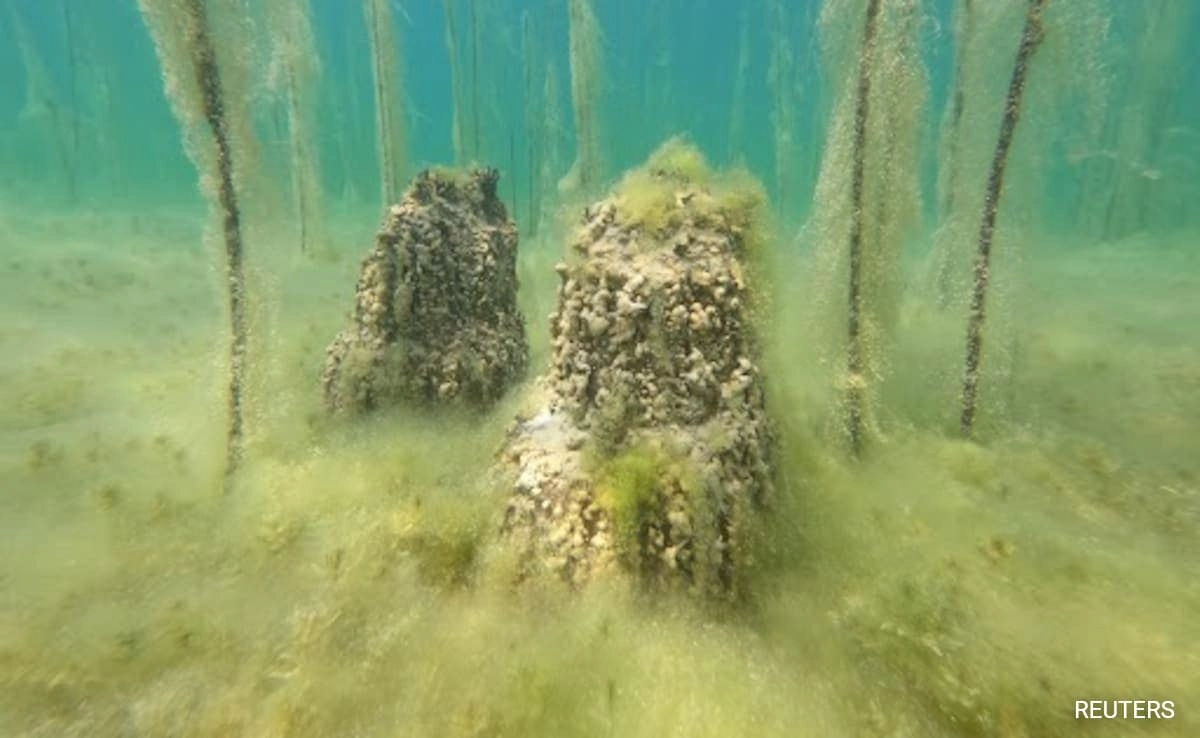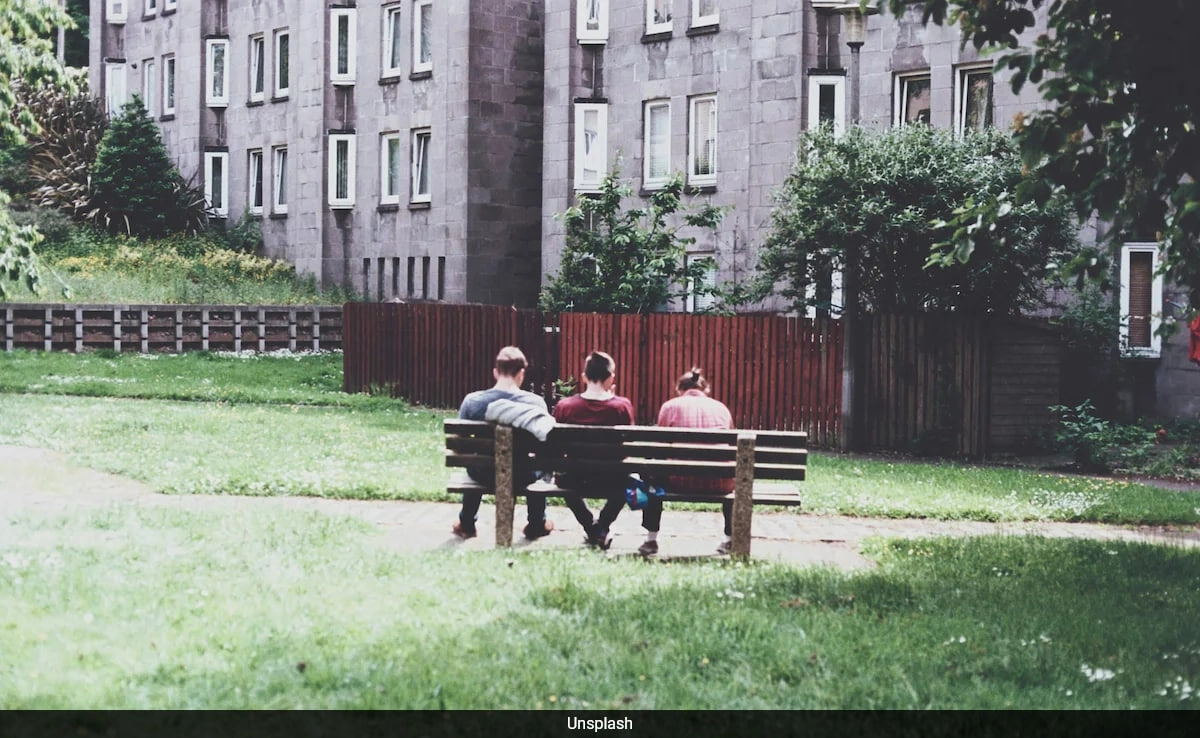Recent archaeological discoveries in Albania have unveiled what is being hailed as Europe’s oldest lake settlement, dating back approximately 8,000 years. This significant finding sheds light on the lives of prehistoric communities that thrived in the region during the Neolithic period. The settlement, situated near the shores of Lake Ohrid, was characterized by a series of wooden structures built on stilts, which served as a remarkable adaptation to the aquatic environment. These early inhabitants ingeniously utilized the natural resources around them, demonstrating advanced skills in construction and resource management that were previously not fully recognized in this part of Europe.
The excavation site has yielded an array of artifacts, including pottery, tools, and remnants of ancient food, providing invaluable insights into the daily lives of its residents. The discovery of these items indicates a complex society that engaged in various activities such as fishing, farming, and trade. Moreover, the findings suggest that the settlement was part of a broader network of communities across the region, highlighting the interconnectedness of prehistoric societies in Europe. As researchers continue to analyze the artifacts and structures, they are piecing together a clearer picture of how these early people lived, what they valued, and how they interacted with their environment.
This remarkable discovery not only enriches our understanding of the Neolithic period in Europe but also emphasizes the significance of Albania’s historical and cultural heritage. The site is expected to attract further scientific interest and tourism, potentially leading to more investments in archaeological research and preservation efforts in the country. As excavations continue, there is hope that additional evidence will emerge, revealing even more about the lives of the people who inhabited this ancient settlement. Ultimately, this find underscores the importance of preserving such sites, which hold the keys to understanding our shared human history and the development of early civilizations in Europe.




